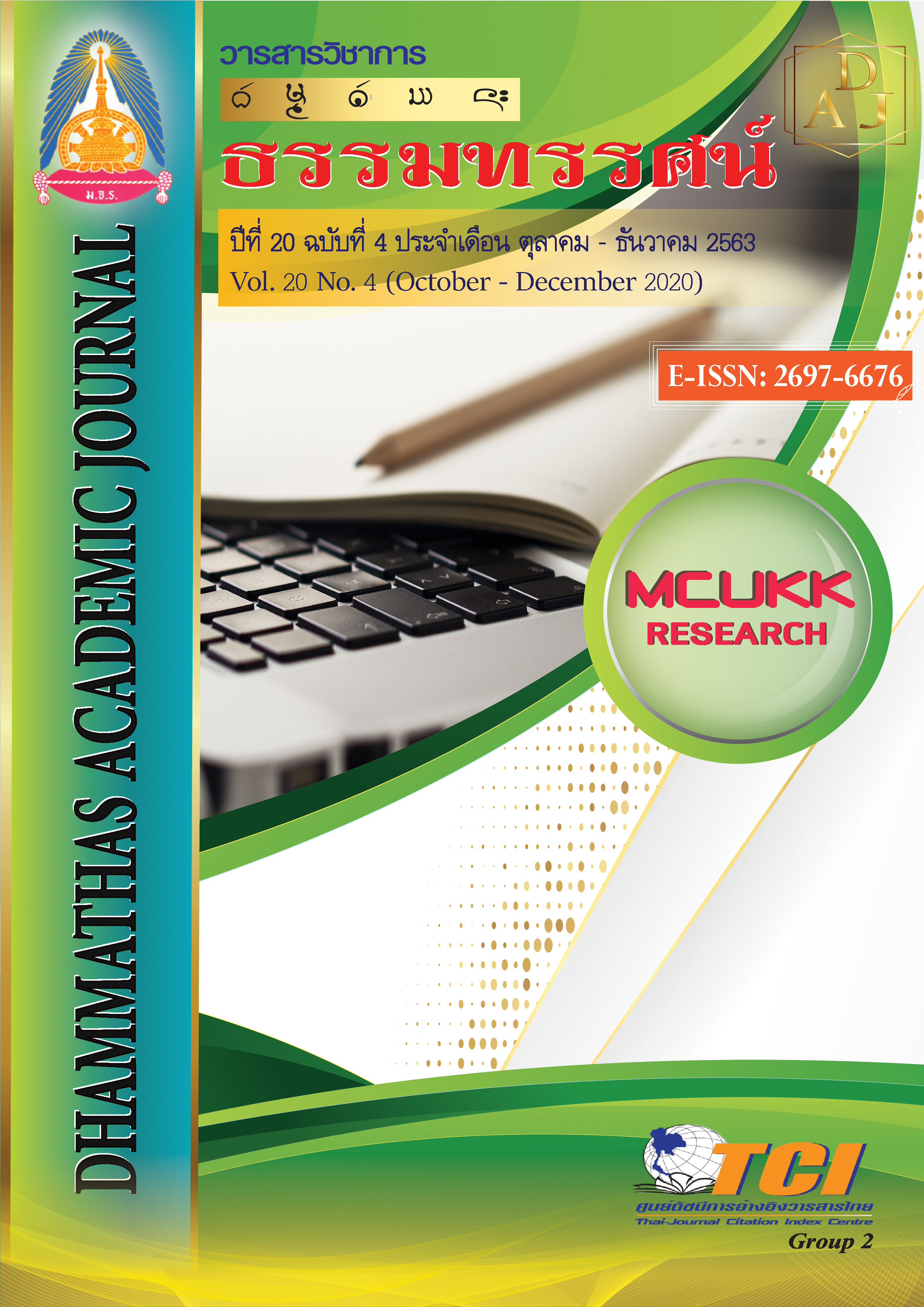Democratic Approaches for the Development of Public Policy
Main Article Content
Abstract
The democratic approach is the focus of the people's participation process. By people as the center of development which gives people both formal and informal groups the opportunity to enter the public policy process, Participation in the expression of ideas Opinions on problem solving and proposing solutions for solving problems by reasoning, equality, equality in the search for good ways to develop public policies that are in line with the needs of the people.
Article Details
References
Borwornsa, U. (2002). Participatory Democracy. Bangkok : Chulalongkorn University Printing House.
Charalabidis. Y., Triantafillou, A., Karkaletsis & Loukis, E. (2012). Public policy Formulation Through Non Moderated Crowed Sourcing in Social Media. In E. Tambouris, A. Macintosh, and O. Saebo (Eds.), Electronic Partipation, Berlin. Germany : Springer.
Cini, L. (2011). Between Participation and Deliberation: Toward a New Standard for Assessing Democracy?. Italy : European University Institute Florence, Italy.
Constitution Drafting Commission. (2007). Summary of New Draft Constitution. Bankgkok : Constitution Drafting Commission.
Dahl, R. (1994). Prefazione all troriademocratica. Edizioni di Comunita : Milano.
Damrong, W., Direk, P. & Suphot, S. (2009). The Strengthening of Legislative in National Budget Process. Bangkok : Publish of Committee on Research and Senate Development.
Davids, I. (2005). Voices from Below: Reflections on Ten Years of Public Participation: The Case of Local Government in the Western Cape Province. Cape Town : Foundation for Contemporary Research.
Dryzek, J. (2009). Democratization as Deliberative Capacity Building, Comparative Political Studies. https://journals.sagepub.com (Accessed 8 November 2019).
Election Commission of Thailand. (2018). Participation. http://wiki.kpi.ac.th/index.php?title=Public Participation (Accessed 8 November 2019).
Few, R., Briwn, K. & Tompkins, E. L. (2007). Public Participation and climate chang. adaptation : Avoiding the illusion of inclusion, Clim Pol.
Fung, A. & Wright. E.O. (2003). Deepening Democracy. Institutional Innovations in Empowered Participatory Governance. Verso : London and New York.
Green, A. & Hunton-Clarke, O. (2003). A typology of stakeholder participation for company environmental decision-making. Business strategy and the environment.
Guttmann, A. & Thompson, D. (2004). Why Deliberative Democracy?. Princeton. NJ : Princeton University Press.
Kanungnit, S. (2002). Guideling for Strengthening Participatory Democracy in Constitution of the Kingdom of Thailand 1997: Problem, Obstacle and Solution. Nonthaburi : King Prajadhipok’s Institute.
Pietrzyk-Reeves, D. (2006). Deliberative Democracy and Citizenship. Polish Political Science : Yearbook.
Sartori, G. (1993). Democrazia. 1th.ed. Rizzoli : Milano.
Sathitorn, T. (2016). Deliberative Democracy. Bangkok : Kenchan Center Company Limited.
Valadez, J. M. (2010). Deliberation, Cultural Difference, and Indigenous Self-Governance. The Good Society, 19(2), 60-65.

